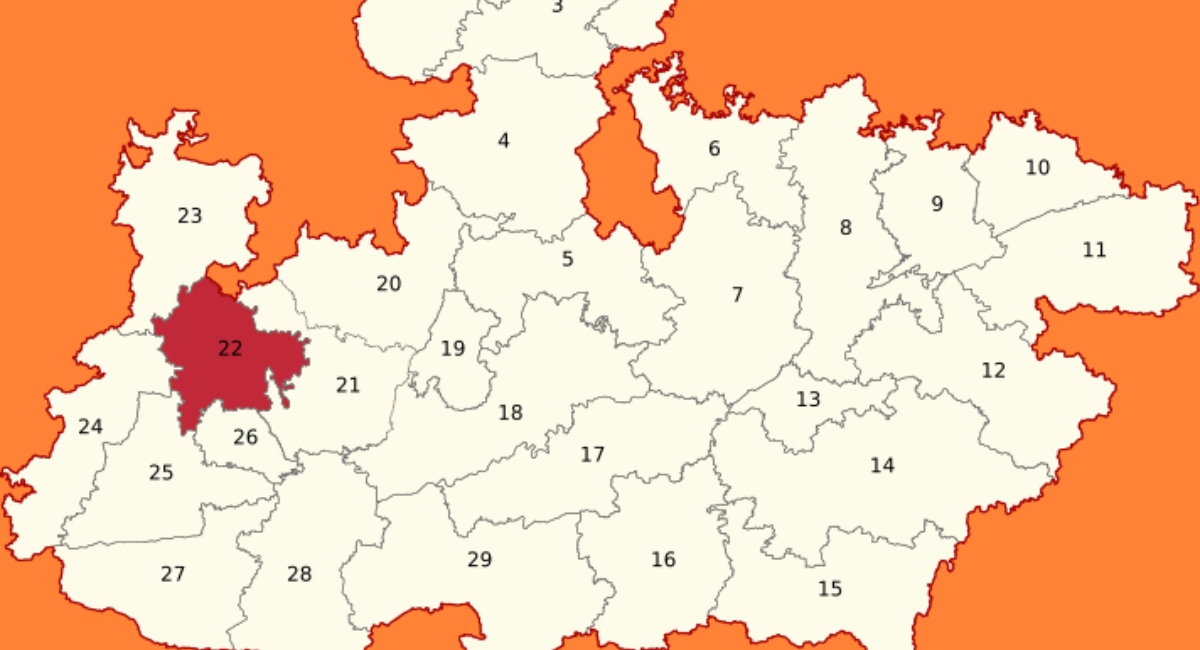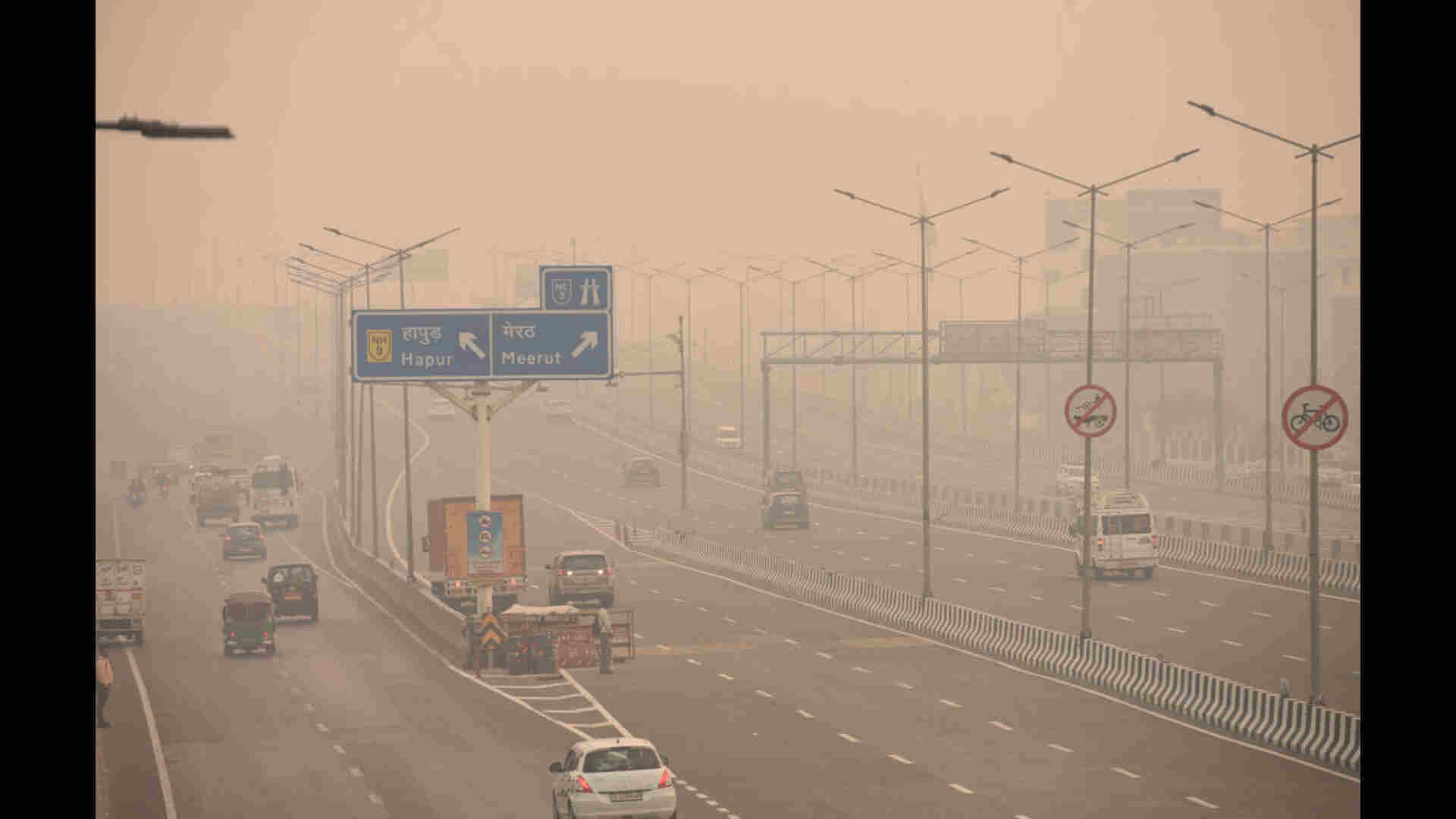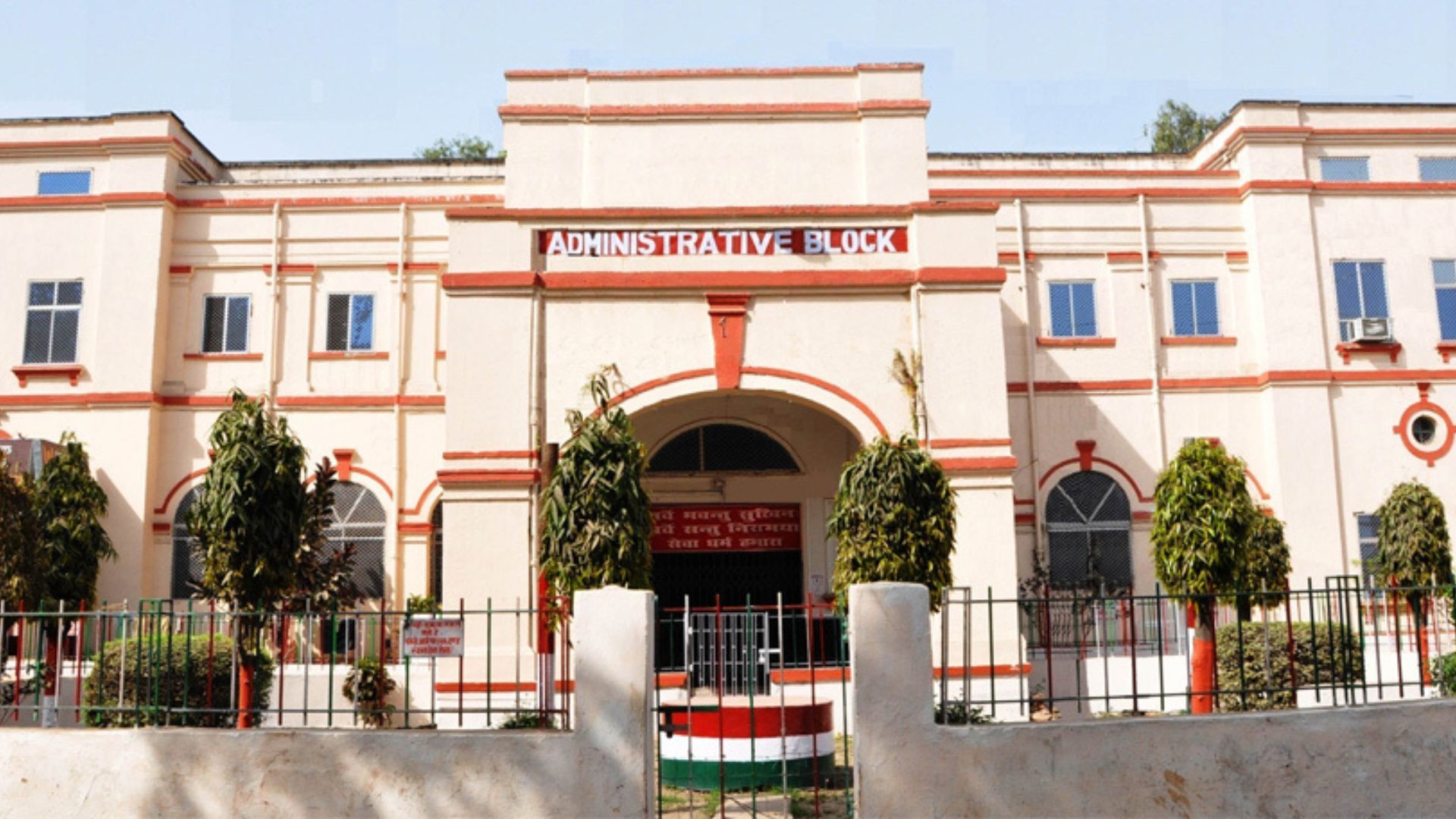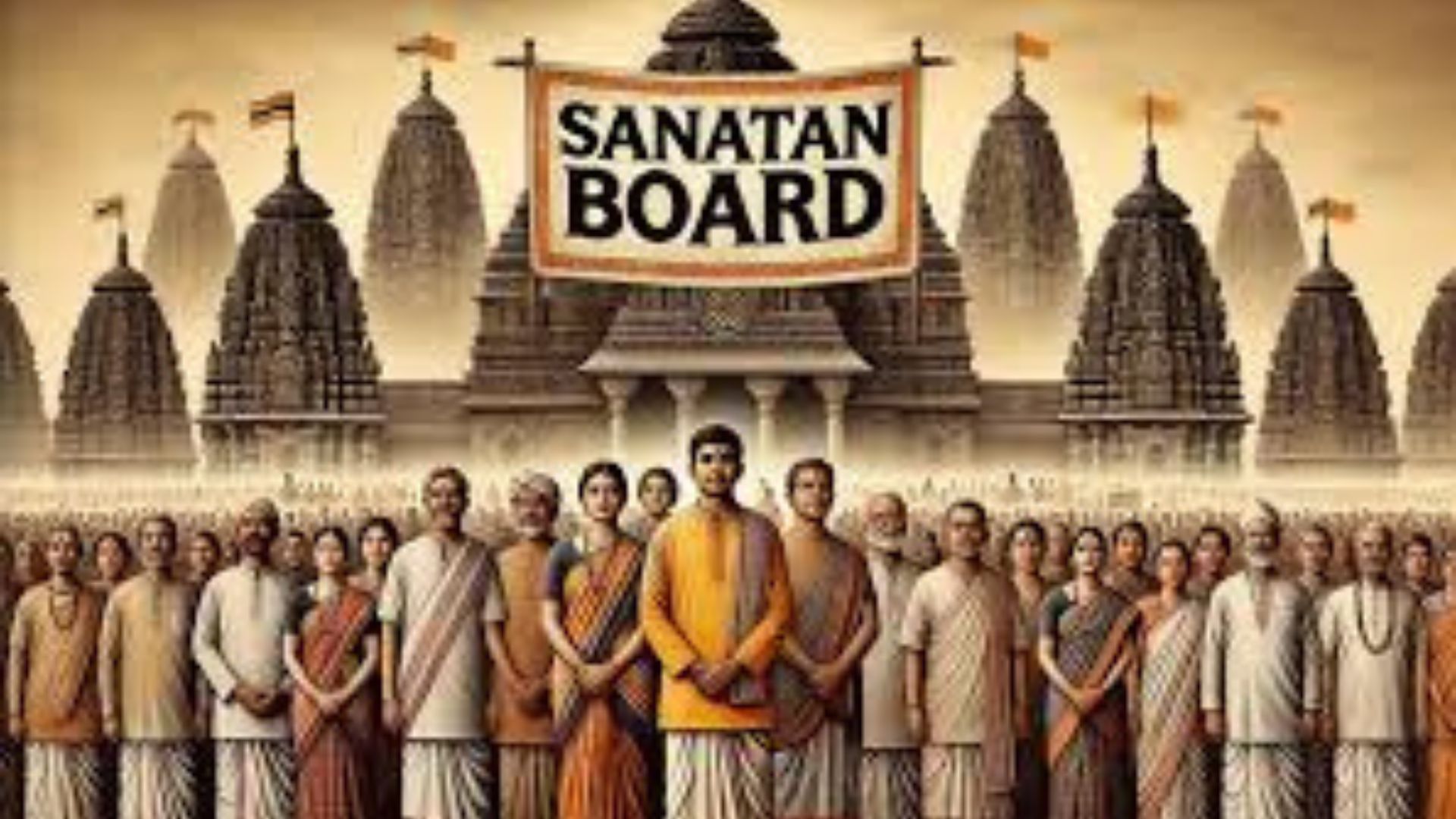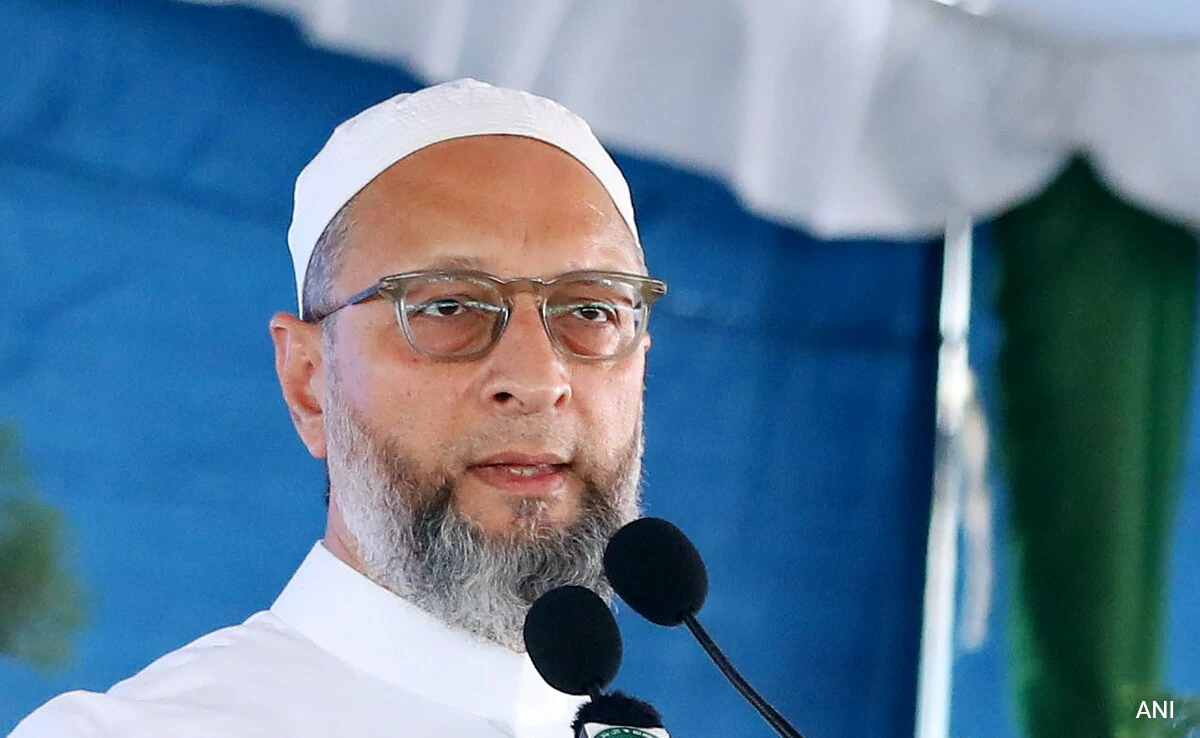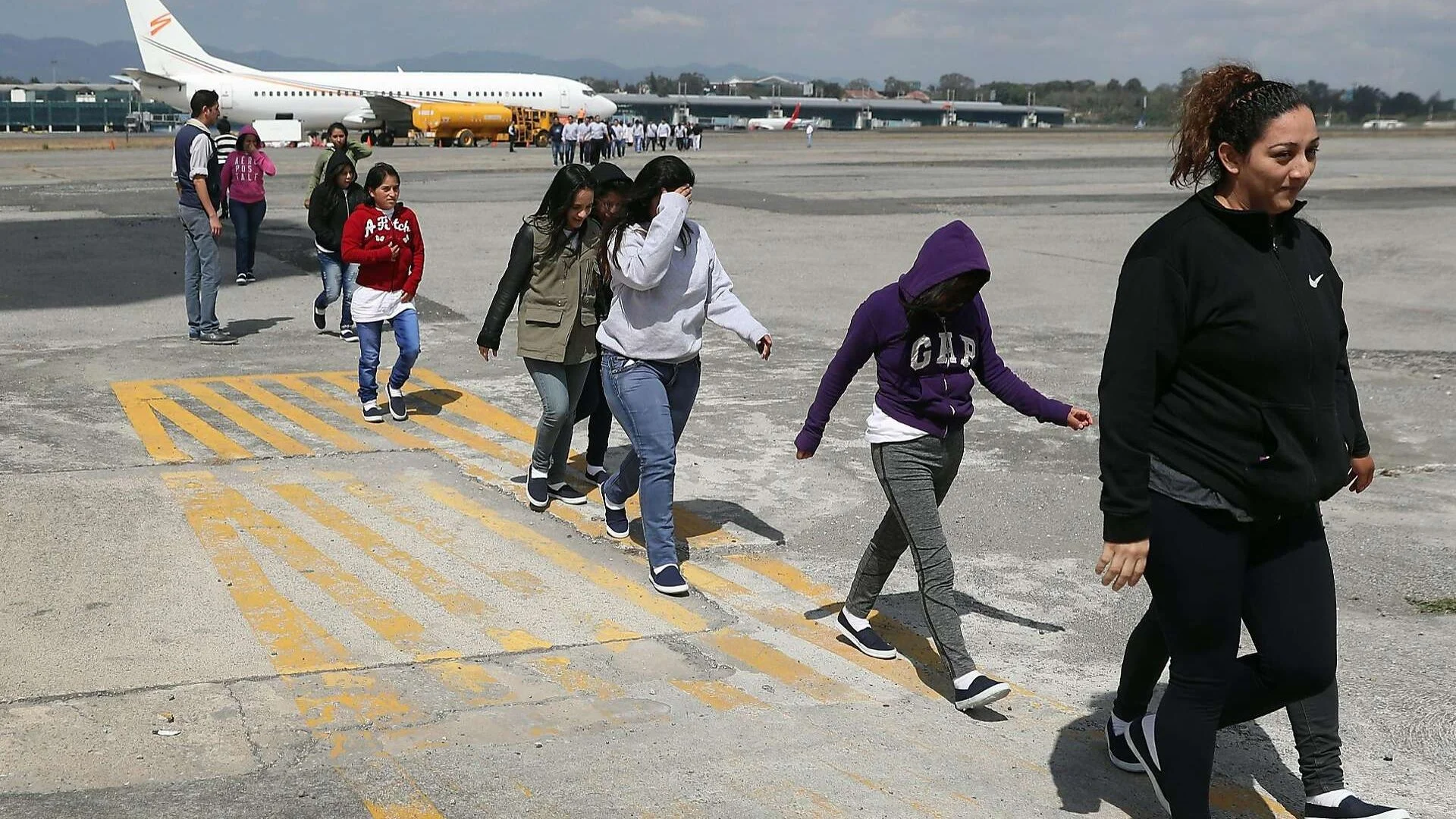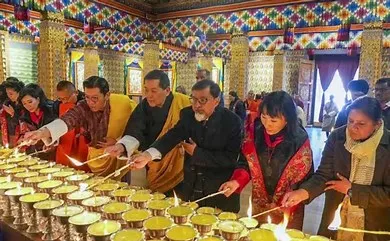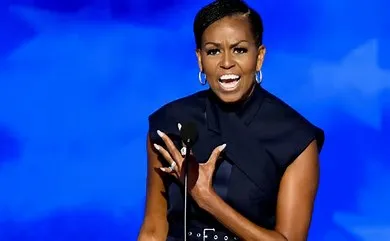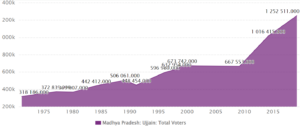
Ahead of the Madhya Pradesh assembly elections, the election fervor has reached its peak, with rallies and campaigns visible across the state. In the Ujjain North Legislative Assembly, which is part of the state’s 22 seats, more than 18 percent of the voters belong to the minority section, potentially playing a significant role in the elections. We spoke to some Jain voters asking them, “Sir, what do you think about the possibility that in Ujjain North Legislative Assembly, the minorities, with over 18 percent, can make a significant impact?” They responded positively, saying, “Because it is a substantial figure. In elections, caste-based vote counting holds significant importance.”
Similarly, in Hussain North, there are approximately 40,000 to 50,000 minority voters, with around 14,000 belonging to the minority group and 4,000 to the Bohra community, which plays a decisive role in choosing a candidate for any political party. The situation is the same in Ujjain North. However, in Madhya Pradesh the minority voters tend to favour the Congress directly, unlike in Uttar Pradesh, where minority voters tend to lean towards the Samajwadi Party and Bahujan Samaj Party. In Delhi, it is the Aam Aadmi Party that gains the majority through minority community’s votes.
Still, in Ujjain North Legislative Assembly, the minority voters directly show their support for the Congress because when the counting starts the Congress account is opened with the vote count for minorities, which is around 40,000 plus. Therefore, their role is considered crucial here. Although in the past, the candidates of the Bharatiya Janata Party, who were ministers, including Paras, Chandra, and Jain, were also legislators from there, even though the minority voters were 18 percent.
So, there doesn’t seem to be much difference in their inclination. The way the state government’s schemes, like Ladli Behna, benefit the community, irrespective of religions and castes. All sections of society are taking advantage of the state government’s beneficial schemes. Therefore, it cannot be definitively stated that they will make a significant change in the outcome of results. Their role will be negligible in Ujjain North.
The residents who are voters clearly say that they will stay decisive, but it cannot be said for which party. In Ujjain North Legislative Assembly, the number of voters is around 2,18,000. In this, 18 percent are minorities. In this context, the BJP has made Anil Jain Loha its candidate. Congress has fielded Mrs. Maya Trivedi from the Brahmin community.
Similarly, two candidates who belong to the Muslim community are also contesting as independents. Nonetheless, minorities always seem to favour a particular party. So, in conclusion it can be said that polarisation of votes cannot be ruled out in Ujjain North Legislative Assembly.

